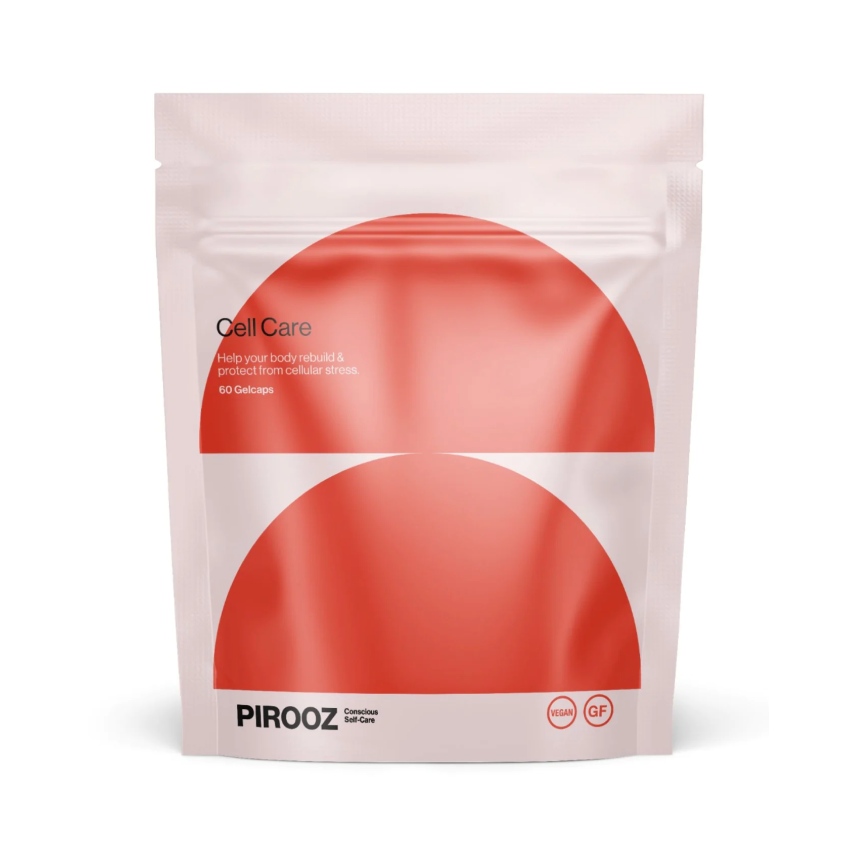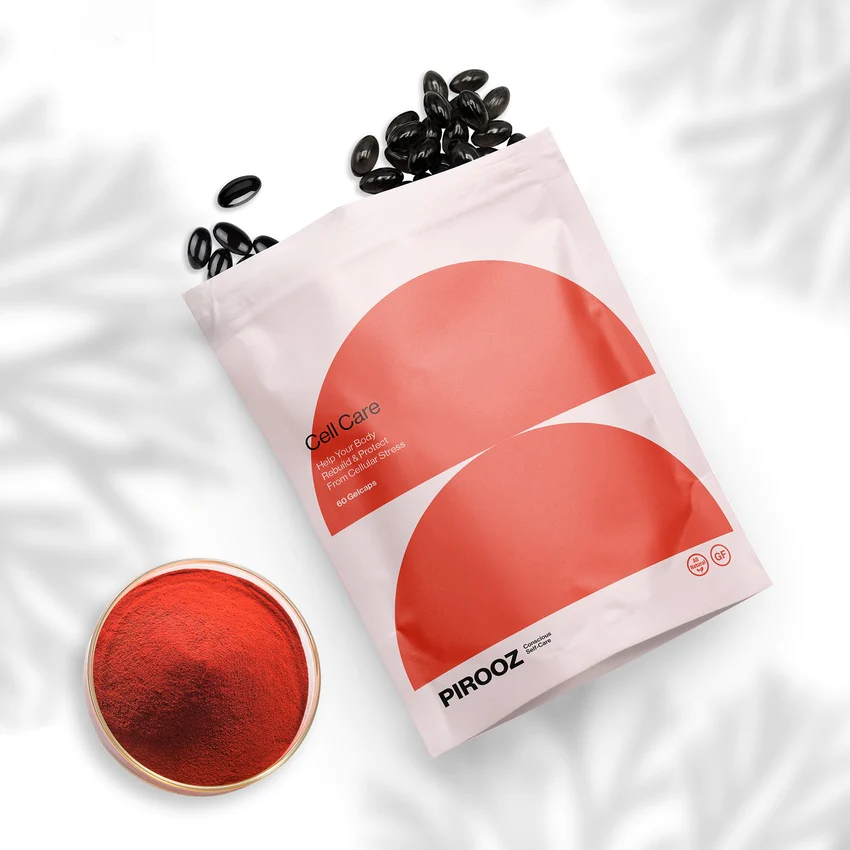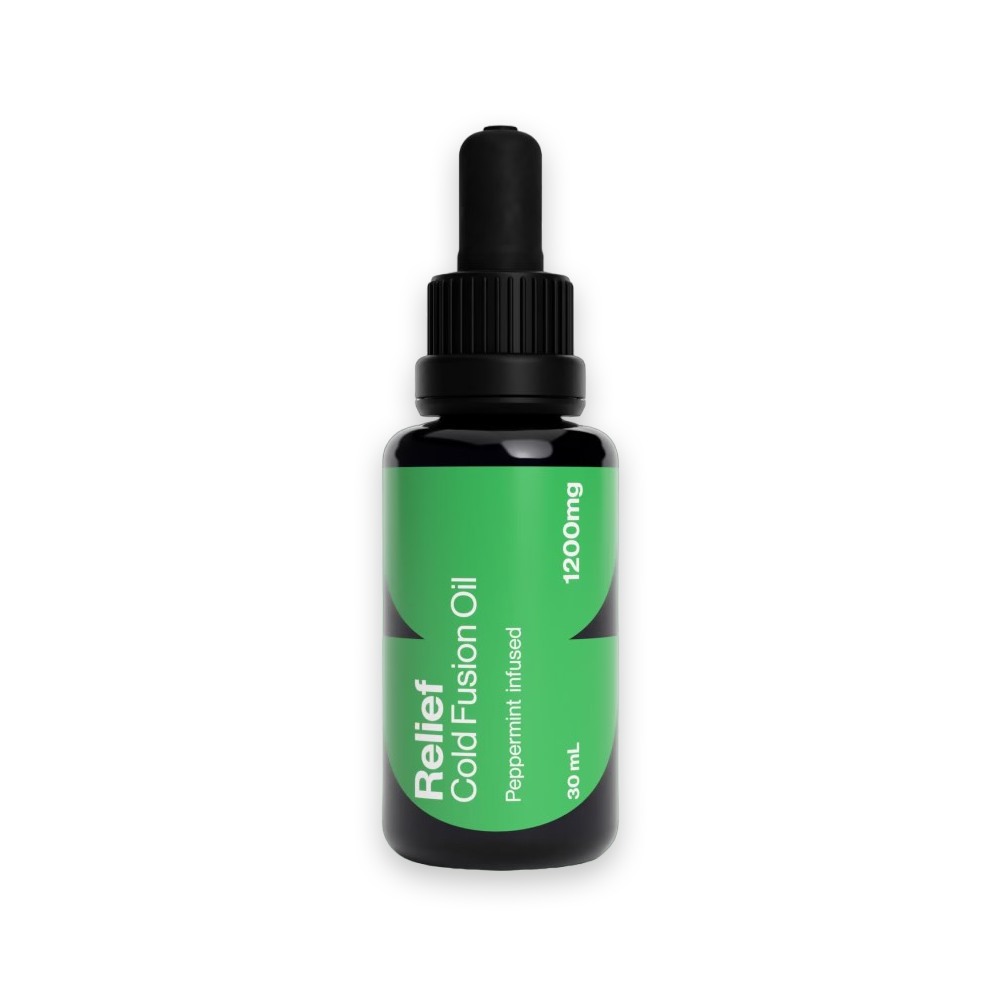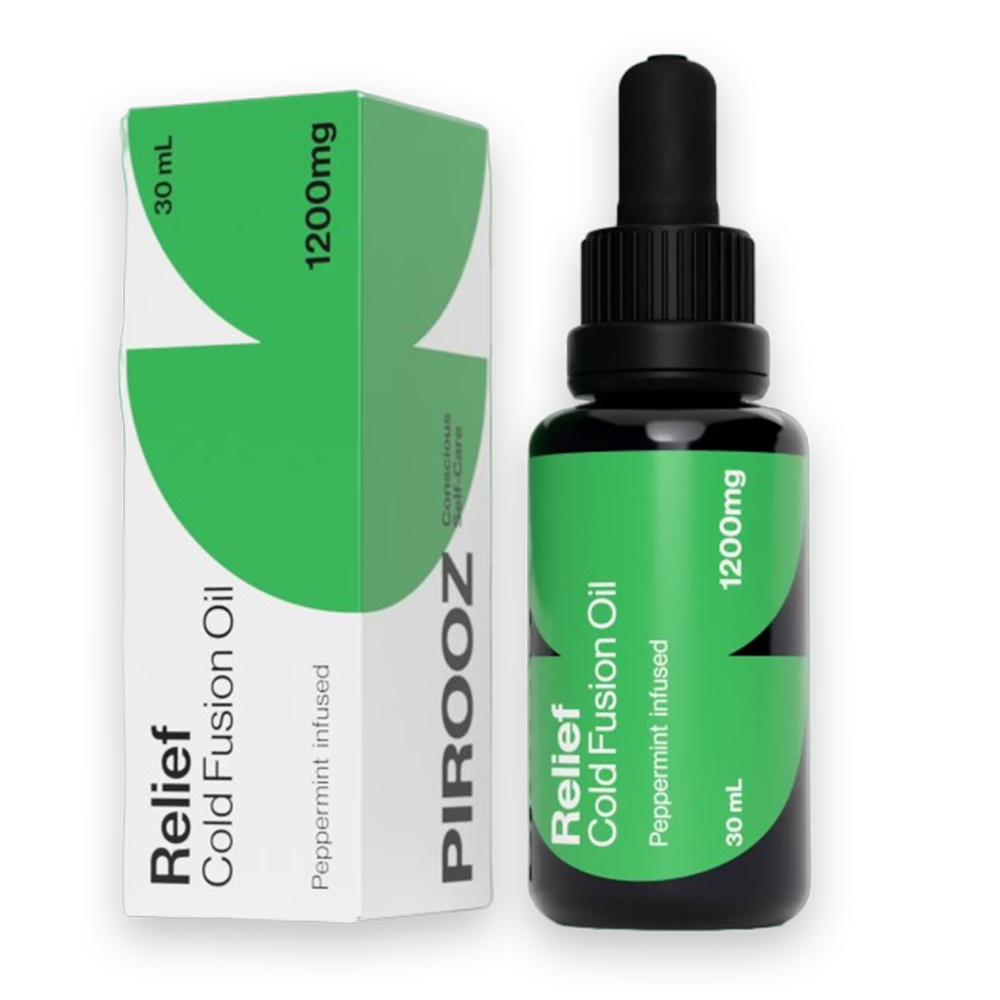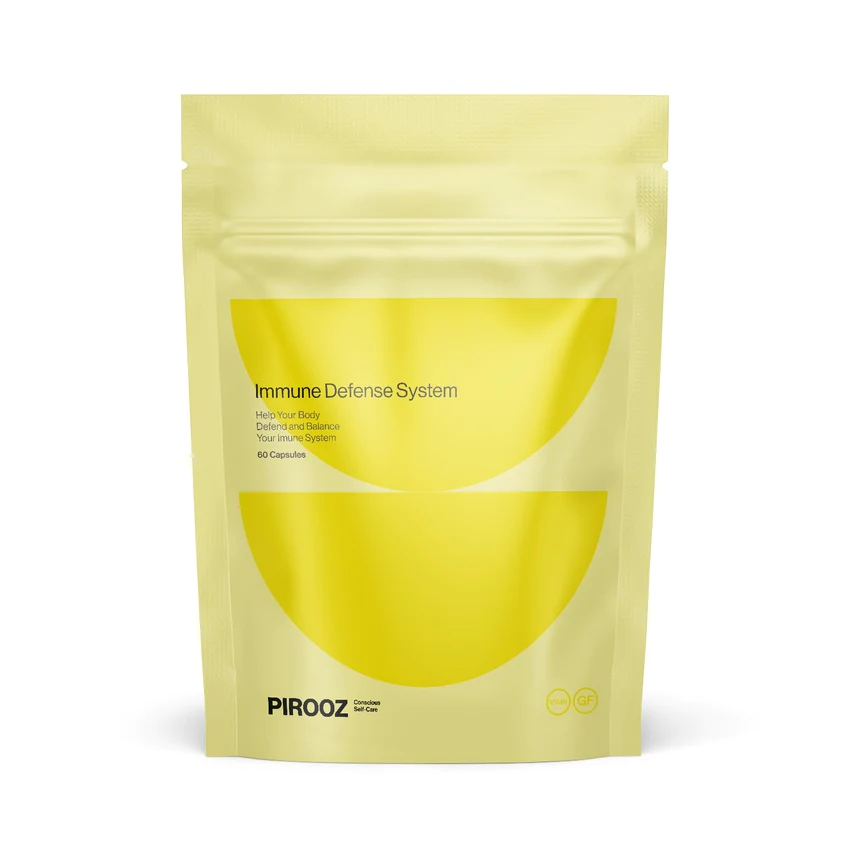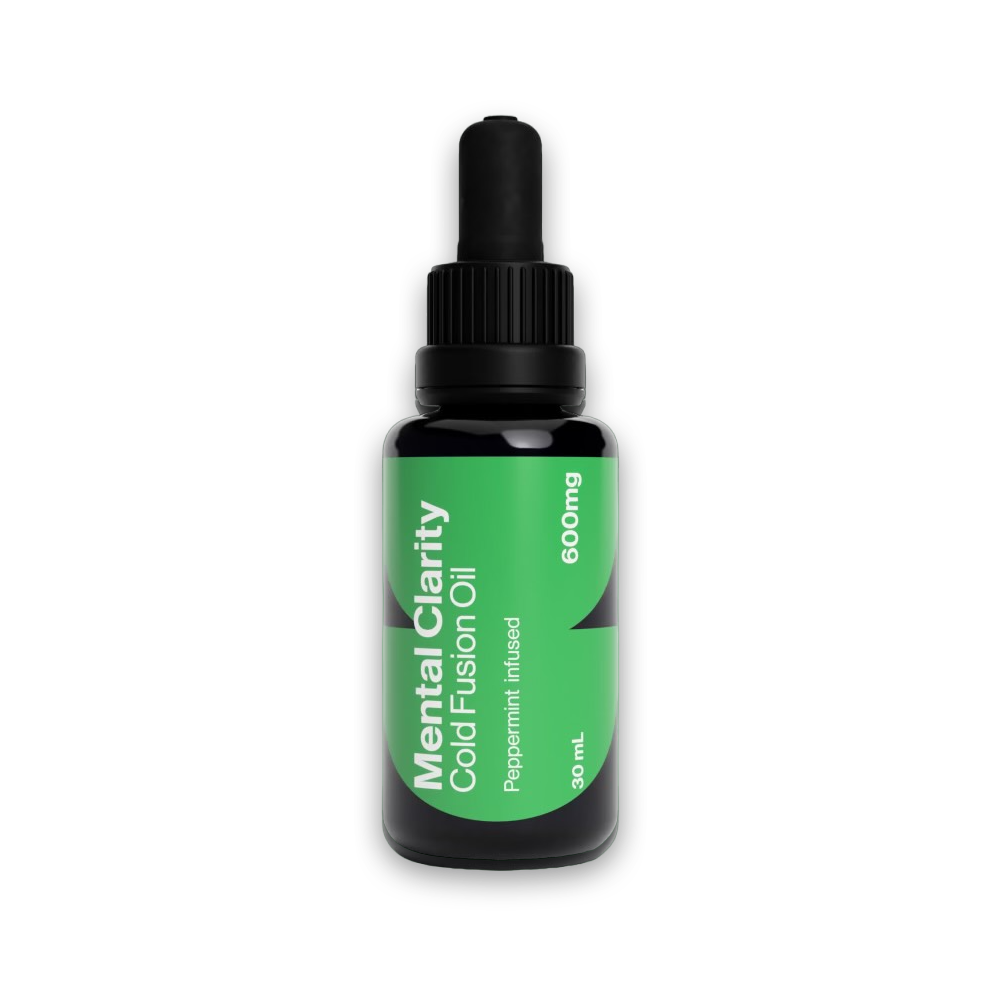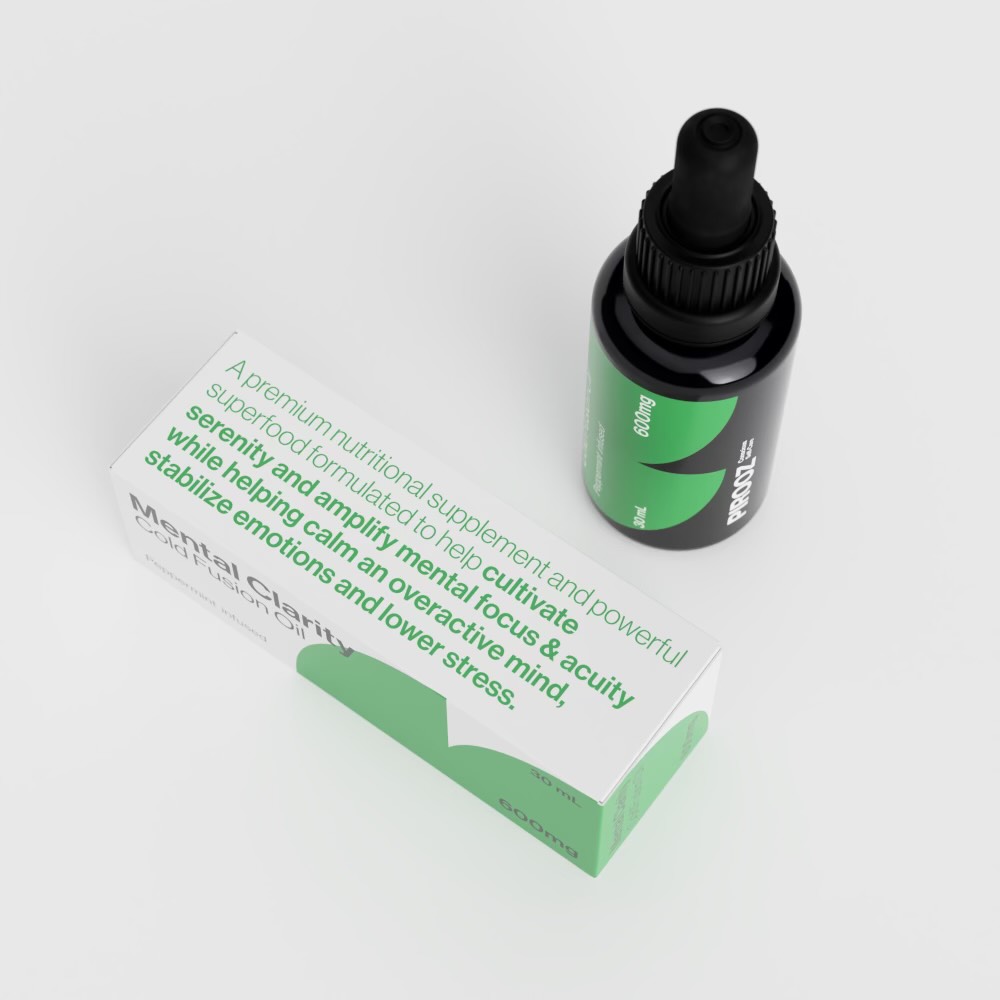
Holistic Pain Management: Beyond Traditional Medications
In today’s fast-paced world, pain has become an inevitable part of life for many people. Whether it is nagging lower back pain, muscle aches, or the throbbing pain of an injury, pain can significantly impact our quality of life. It is a constant companion that can sap our energy, dampen our mood, and hinder our ability to fully engage in the activities and pursuits that bring us joy and fulfilment. While traditional pain medications like over-the-counter analgesics and prescription drugs provide symptomatic Relief, they often come with unwanted side effects and limitations. These medications may offer temporary respite but fail to address the root causes of pain or promote proper healing. Additionally, long-term reliance on these drugs can lead to dependence, addiction, and a host of other health complications. In our pursuit of effective pain management, we have become increasingly aware of the limitations of a purely pharmaceutical approach. As our understanding of the intricate interconnections between the body, mind, and spirit continues to deepen, a more holistic perspective on pain management has emerged. Recent research suggests a holistic approach that integrates conventional medicine with complementary therapies and lifestyle modifications can alleviate discomfort and promote overall well-being. This multifaceted approach recognizes that pain is not merely a physical sensation but a complex interplay of physiological, emotional, and environmental factors. Holistic pain management techniques offer a more comprehensive and sustainable solution by addressing the whole person rather than just the symptoms. They empower individuals to take an active role in their healing journey, fostering a sense of agency and self-empowerment that can be profoundly transformative.
The Mind-Body Connection
Emerging evidence, backed by rigorous scientific research, suggests that our minds and bodies are intricately connected, and our physical state can significantly influence our emotional well-being and vice versa. This connection is known as the mind-body link, and it plays a crucial role in managing chronic pain conditions (Garland, 2012). One of the most well-studied examples of this mind-body connection is the relaxation response, which occurs when the body’s stress response is counteracted. During this process, the body experiences a state of increased calmness, and its physiological functions achieve homeostasis or balance. This response can help alleviate symptoms associated with various medical conditions, including chronic pain (Benson & Proctor, 2010). Numerous studies conducted by reputable institutions have shown that practising relaxation techniques can significantly reduce the perception of pain by modulating the activity of the body’s endogenous opioid system. This system is responsible for releasing natural painkillers known as endorphins, which bind to the same receptors in the brain as opioid analgesics (Pradhan et al., 2007).
Chronic Pain Management Techniques
For individuals suffering from chronic pain conditions, the following complementary therapies and techniques can be explored:
- Meditation is a powerful tool for managing chronic pain and inducing deep relaxation. Focusing on the present moment and regulating breathing can help alleviate pain perception and cultivate mindfulness (Zeidan et al., 2015).
- Cognitive Behavioural Therapy (CBT) is a practical approach to addressing the psychological aspects of pain. It helps individuals develop coping strategies and reframe negative thought patterns. CBT is often accompanied by techniques like deep breathing exercises and progressive muscle relaxation (Ehde et al., 2014).
- Movement Therapies: Practices like yoga, tai chi, and qigong can be effective for managing pain, reducing stress, and promoting overall well-being. These practices combine physical movements with focused breathing and can profoundly impact the body and mind Bussing et al., 2012
- Music Therapy can be a powerful tool for managing pain and promoting relaxation. It has been shown to activate the brain’s reward system and release endorphins, the body’s natural painkillers (Garza-Villarreal et al., 2017).
The Importance of Omega-3 Fatty Acids
Recent research, backed by rigorous scientific evidence, has illuminated the crucial role of omega-3 fatty acids in maintaining overall health and well-being. These essential nutrients, found in foods like fatty fish, walnuts, and flaxseeds or through supplementation, are a key component of a holistic approach to health. (Swanson et al., 2012).
One of the primary sources of omega-3 fatty acids is fish oil, which is rich in two critical compounds: docosahexaenoic acid (DHA) and eicosapentaenoic acid (EPA). DHA is an essential nutrient for brain development, while EPA plays a vital role in regulating the body’s inflammatory response. Research by the University of Massachusetts Medical School has shown that individuals with higher levels of EPA and DHA experience reduced inflammatory responses and enhanced immune function. This is particularly beneficial for individuals suffering from conditions like rheumatoid arthritis, inflammatory bowel disease, and other chronic inflammatory disorders. (Calder et al., 2011)
Chronic inflammation can have far-reaching effects on overall health, contributing to a range of conditions such as cardiovascular disease, cancer, and neurodegenerative disorders. Therefore, managing inflammation is crucial for optimal health and well-being (Calder et al., 2011).
In addition to their anti-inflammatory support properties, omega-3 fatty acids have also been linked to improved cognitive function and mental clarity. Research has shown that these fatty acids can help enhance focus, concentration, and mental performance, making them an essential consideration for individuals engaged in mentally demanding tasks or professions. This potential for improved mental well-being can be a source of hope for those suffering from chronic pain conditions. (Parletta et al., 2013)
Numerous studies have demonstrated the efficacy of omega-3 fatty acid supplements in improving cognitive function, reducing inflammation, and alleviating the symptoms of various medical conditions.
One such study, conducted by researchers at the University of Massachusetts Medical School, examined the effects of omega-3 fatty acids on individuals with significant depression. The results showed that participants who took omega-3 fatty acid supplements experienced a significant reduction in depression symptoms compared to those who did not (Mischoulon et al., 2015).
Another study by researchers at the University of Maryland found that omega-3 fatty acids can help improve cognitive function in individuals with Alzheimer’s. The study showed that participants who took omega-3 fatty acid supplements experienced an improvement in cognitive function and a reduction in anxiety and depression symptoms (Shinto et al., 2014).
Numerous studies have also shown that omega-3 fatty acids can help reduce inflammation throughout the body, including in the joints, muscles, and other tissues. This can be particularly beneficial for individuals suffering from conditions such as rheumatoid arthritis, fibromyalgia, and other chronic inflammatory conditions (Goldberg & Katz, 2007).
Final Thought –
By incorporating a holistic approach to pain management, including mind-body techniques, movement therapies, and omega-3 fatty acid supplementation like PIROOZ Relief, individuals can effectively alleviate discomfort and promote overall well-being without solely relying on traditional medications and their potential side effects. PIROOZ Relief is a standout supplement for pain and inflammation management because it is formulated specifically to help with pain management and reduce inflammation, effectively alleviating bodily discomfort while helping to foster relaxation. Additionally, Relief aids in alleviating discomfort caused by chronic inflammation by optimizing communication between the brain and the gut, fostering overall well-being. It supports the body’s stress response system, facilitates communication between the gut-brain axis, and prevents disruption vital for both subsystems within the immune system. Moreover, Relief helps maintain a stable internal environment, ensuring temperature regulation, electrolyte balance, and pH equilibrium, promoting optimal metabolic function and supporting homeostasis. By addressing pain and inflammation from a comprehensive, whole-body approach, PIROOZ Relief emerges as a superior option for individuals seeking natural, holistic Relief. It is formulated to help pain management and reduce inflammation, effectively alleviating bodily discomfort while helping to foster relaxation. It helps maintain the body’s stress response system, facilitates communication between the gut-brain axis, and prevents disruption vital for both subsystems within the immune system. Relief helps maintain a stable internal environment, helping to ensure temperature regulation, electrolyte balance, and pH equilibrium, promoting optimal metabolic function.



